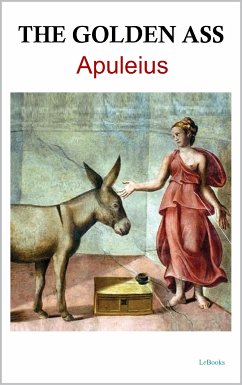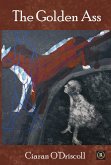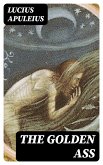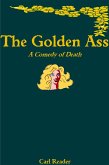This is probably the oldest complete text you will have the opportunity to read. "The Golden Ass" is the only novel that has survived intact from the time of the Roman Empire. It was written by Lucius Apuleius in the 2nd century AD and tells the adventures and troubles faced by the protagonist, also named Lucius, who at a certain point in the story is transformed into a donkey and experiences extraordinary situations, including some of a sexual nature. As is common in many ancient texts, the main story is interrupted to include several short tales, the most famous of which is "Cupid and Psyche." "The Golden Ass" has been a source of inspiration for numerous classic writers such as Boccaccio, Cervantes, and Shakespeare, and is part of the renowned collection "1001 Books You Must Read Before You Die."
Dieser Download kann aus rechtlichen Gründen nur mit Rechnungsadresse in A, B, BG, CY, CZ, D, DK, EW, E, FIN, F, GR, H, IRL, I, LT, L, LR, M, NL, PL, P, R, S, SLO, SK ausgeliefert werden.





